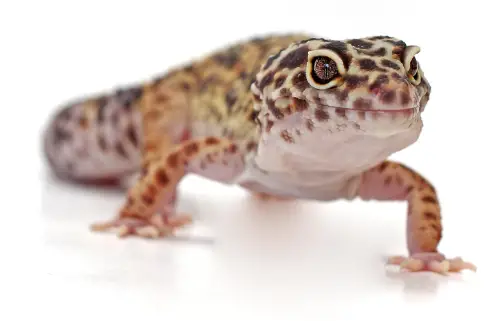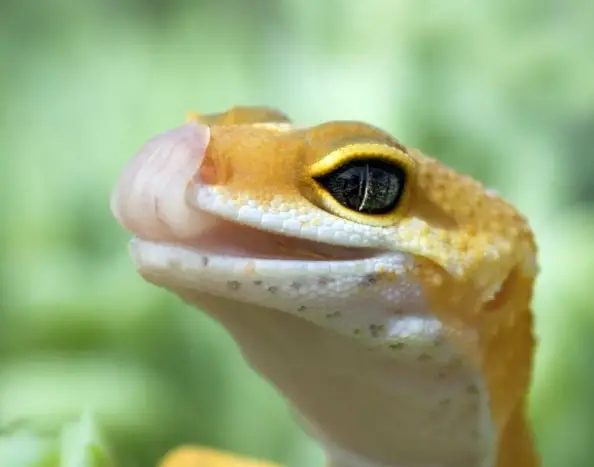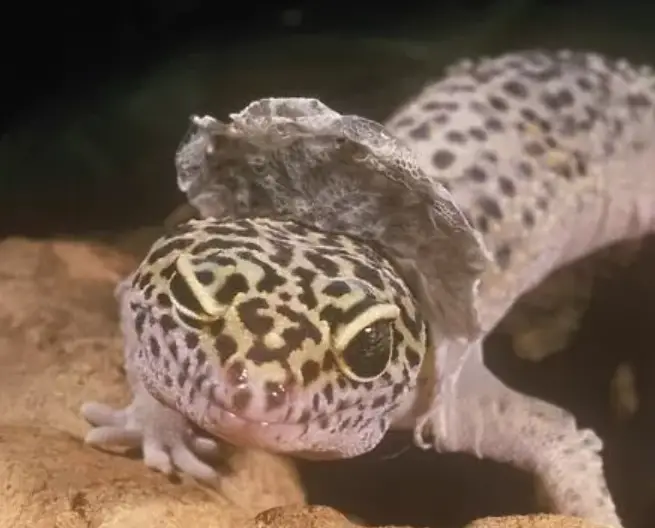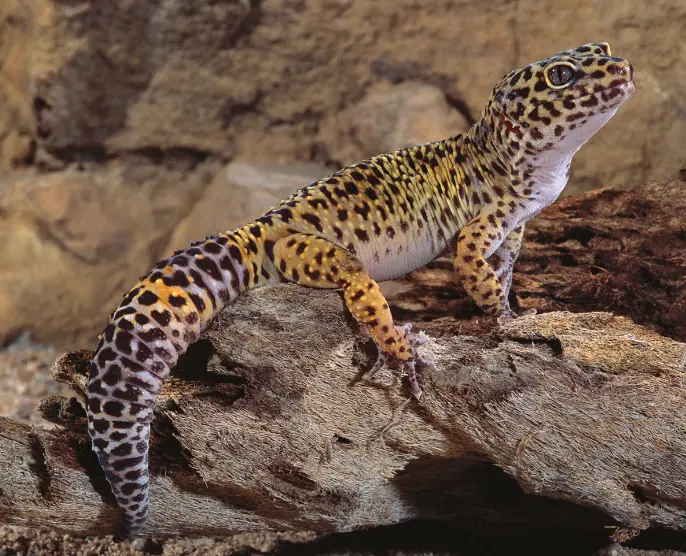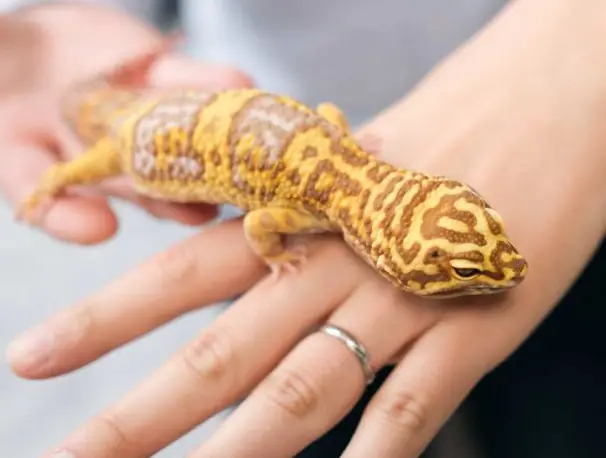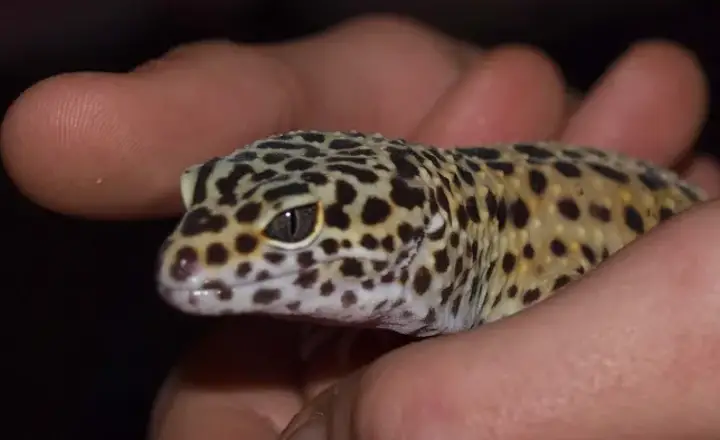Leopard geckos are known for their active and curious nature, but sometimes they may exhibit behaviors that are not typical, such as staying in one spot for long periods of time. This could be due to a variety of reasons, including health issues, environmental conditions, or stress.
As a leopard gecko owner, it’s important to understand the possible causes of this behavior and what steps can be taken to address it. In this blog post, I will be exploring some of the most common reasons why leopard geckos may stay in one spot and providing tips on how to help them feel more comfortable and active.
So, if you’re concerned about your leopard gecko’s behavior, keep reading to learn more about what could be causing them to stay in one spot and how you can help.
What Are The Reasons For Leopard Geckos Staying In One Spot?
There are a few reasons why a leopard gecko may stay in one spot for an extended period of time.
Temperature regulation: Leopard geckos are cold-blooded animals and rely on their environment to regulate their body temperature. They may stay in one spot to bask in the heat or hide in a cool area to regulate their temperature.
Feeding: Leopard geckos may stay in one spot for extended periods of time if they are eating or digesting food. They may not move around much during this time to ensure that their food is properly digested.
Illness or injury: If a leopard gecko is ill or injured, it may stay in one spot to rest and recover. Injuries to their limbs or tail can cause mobility issues, making it difficult for them to move around.
Hibernation: During the winter months, leopard geckos may enter a state of hibernation where they remain in one spot, conserve energy, and reduce activity.
Stress: Leopard geckos can become stressed due to changes in their environment, such as being introduced to a new tank or changes in temperature. They may stay in one spot to avoid social interaction and find a safe place to hide.
It’s essential to keep an eye on your leopard gecko to ensure they’re not staying in one spot due to illness or injury, and if you suspect something is wrong it’s better to consult a vet.
What Are The Environmental Factors To Address?
If a leopard gecko stays in one spot for an extended period of time, there could be several possible reasons for this behavior. Here are a few steps you can take to address the issue:
- Check for signs of illness or injury: Look for any signs of injury or illness, such as lethargy, weight loss, or abnormal behavior. If you suspect your leopard gecko may be sick or injured, it’s important to take them to a veterinarian as soon as possible.
- Monitor temperature and humidity: Leopard geckos require specific temperatures and humidity levels in their enclosure to be comfortable. Make sure your gecko’s enclosure has the proper temperatures and humidity levels for their species.
- Check for parasites: Leopard geckos can sometimes have internal parasites which can make them feel uncomfortable, causing them to stay in one spot. A veterinarian can run a fecal test to check for parasites.
- Provide a hide box: Leopard geckos need a place to hide and feel secure. Make sure your gecko’s enclosure has a hide box.
- Provide plenty of hiding spots: As leopard geckos are solitary animals, providing more than one hiding spot will allow the gecko to have a choice of where to hide and make them feel more comfortable.
- Give them a little space: Leopard geckos are solitary animals and need their own space. So make sure you are giving them enough space in their enclosure.
- Observe your gecko: Pay attention to your gecko’s behavior and take note of any changes. If you notice your gecko is still not moving or acting normally after trying these steps, it is best to consult a veterinarian for a proper diagnosis.
When To Worry About Leopard Geckos Staying In One Spot
It is normal for leopard geckos to spend some time in one spot, such as when they are sleeping or basking. However, if a leopard gecko consistently stays in one spot for prolonged periods of time and is not moving or showing signs of activity, it may be cause for concern.
If a leopard gecko is staying in one spot for an extended period of time (more than a day or two), it is best to visit a veterinarian. This behavior may be a sign of illness or injury, and a professional will be able to properly diagnose and treat the issue. Additionally, if the leopard gecko is displaying other abnormal behaviors such as lack of appetite or lethargy, it is important to seek veterinary care as soon as possible.
Conclusion
In conclusion, there are a number of reasons why a leopard gecko may be staying in one spot. It could be due to a health issue, such as an injury or illness, or it could be a behavioral issue, such as stress or lack of stimulation. It is important to observe your leopard gecko and consult with a veterinarian if you suspect a health issue. If it is a behavioral issue, try providing more enrichment and stimulation in their enclosure, as well as giving them a larger space to explore. Remember, a healthy and happy leopard gecko is one that is active and active and exploring its environment.
